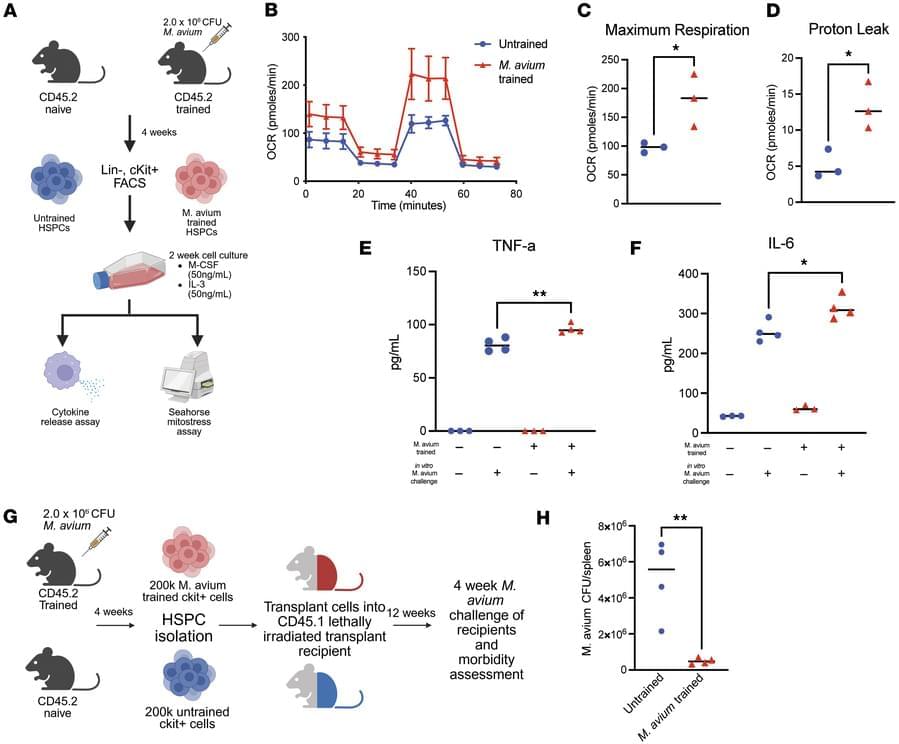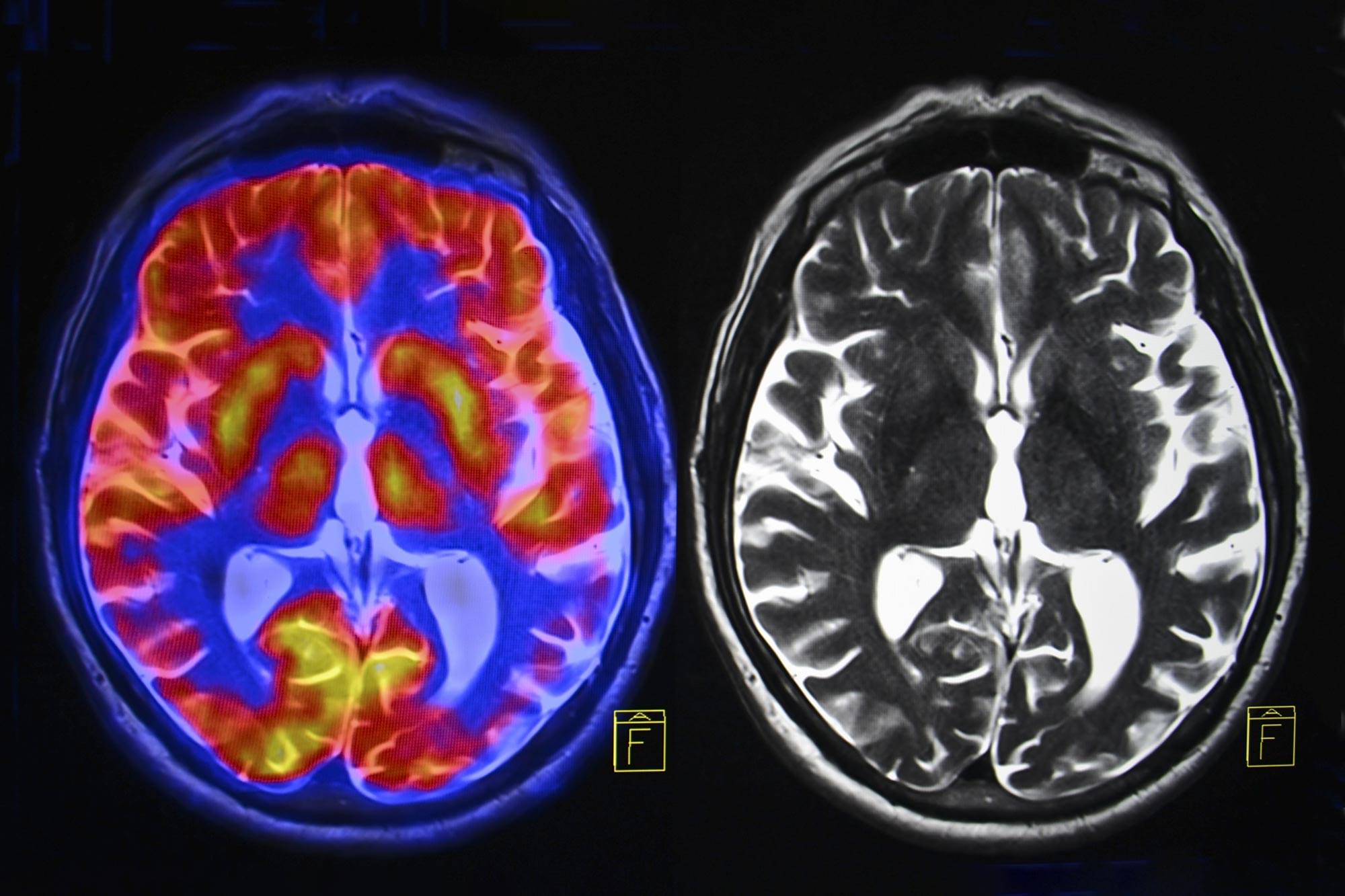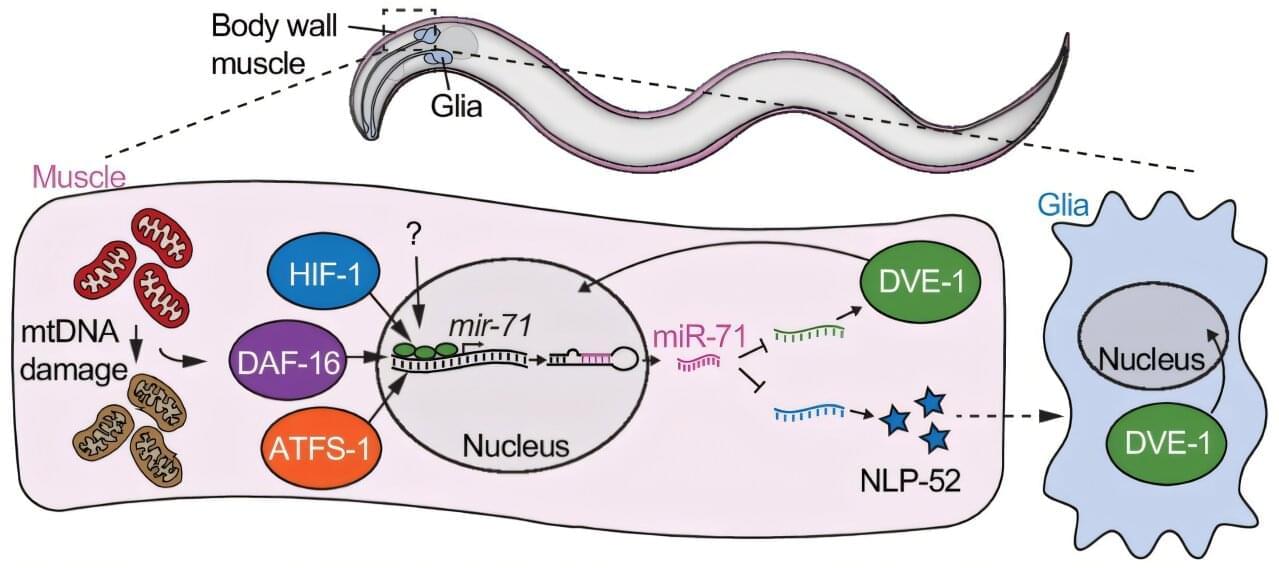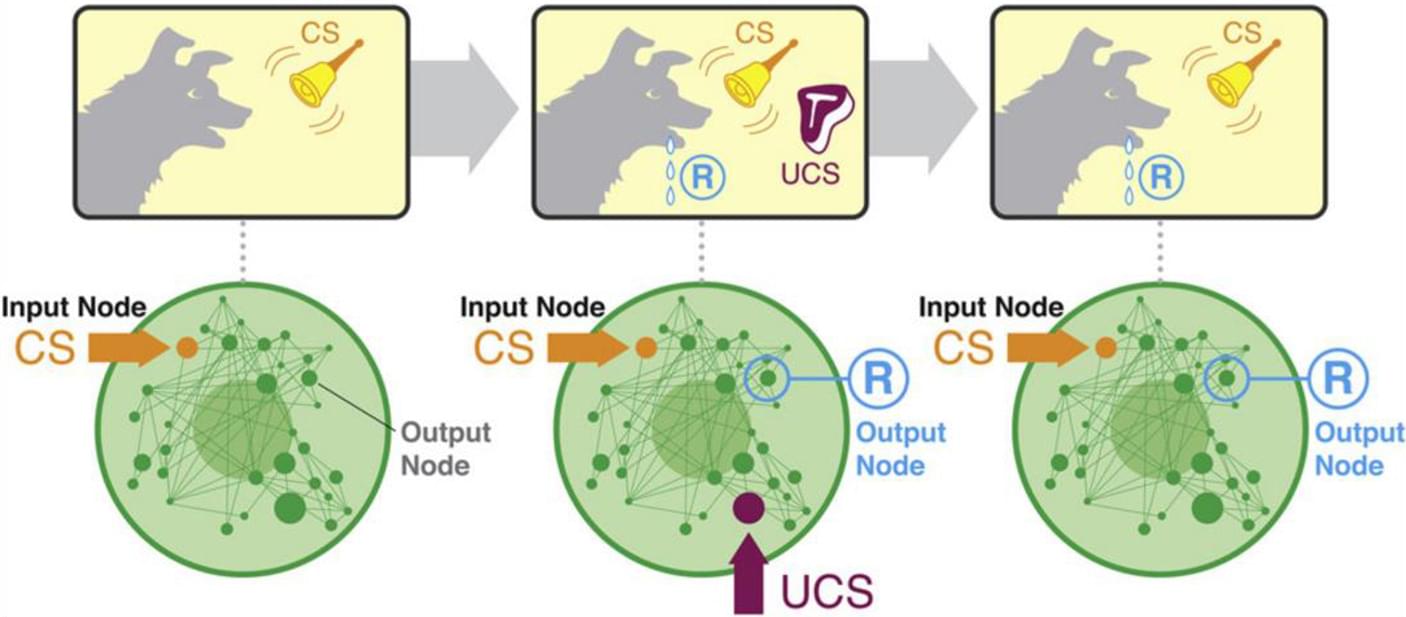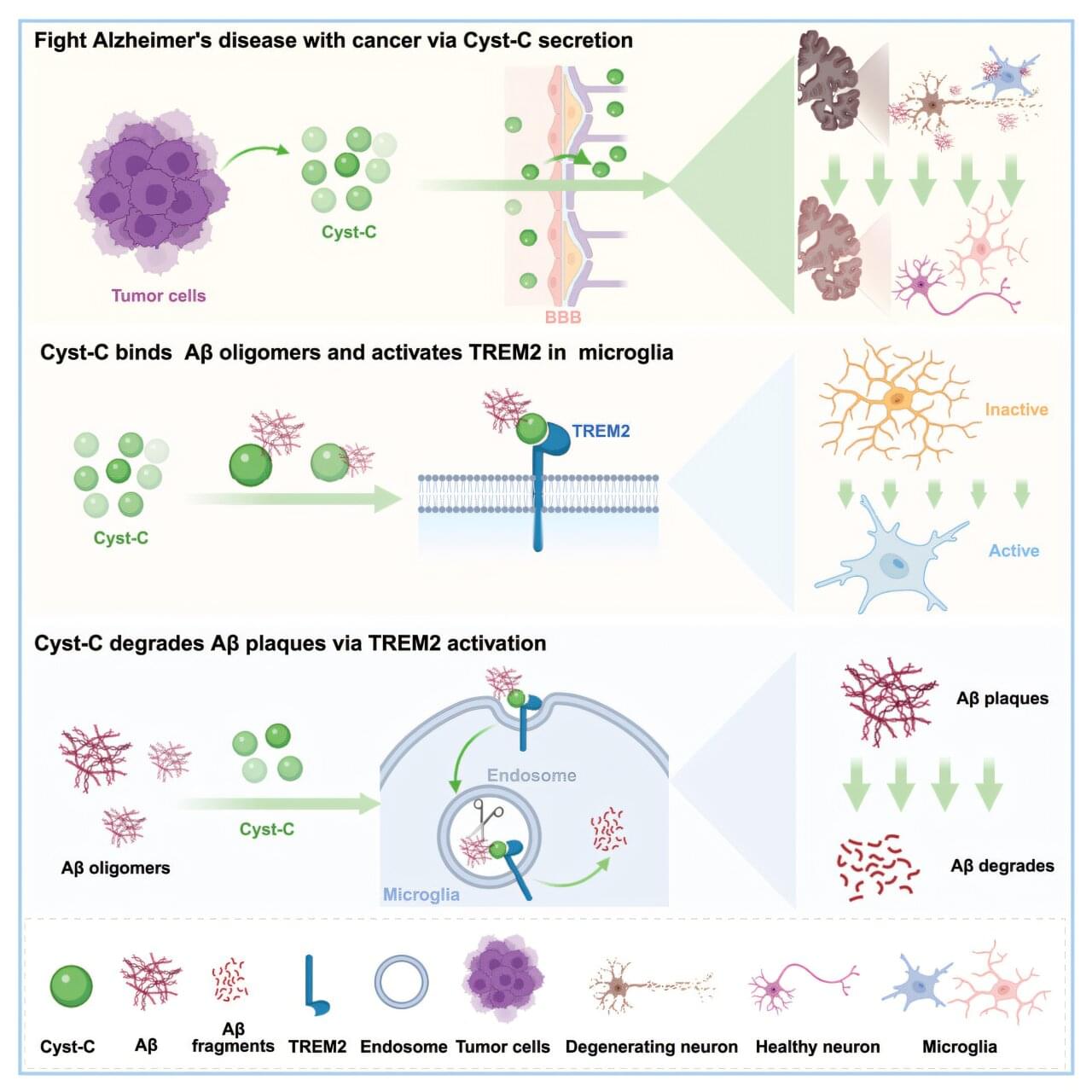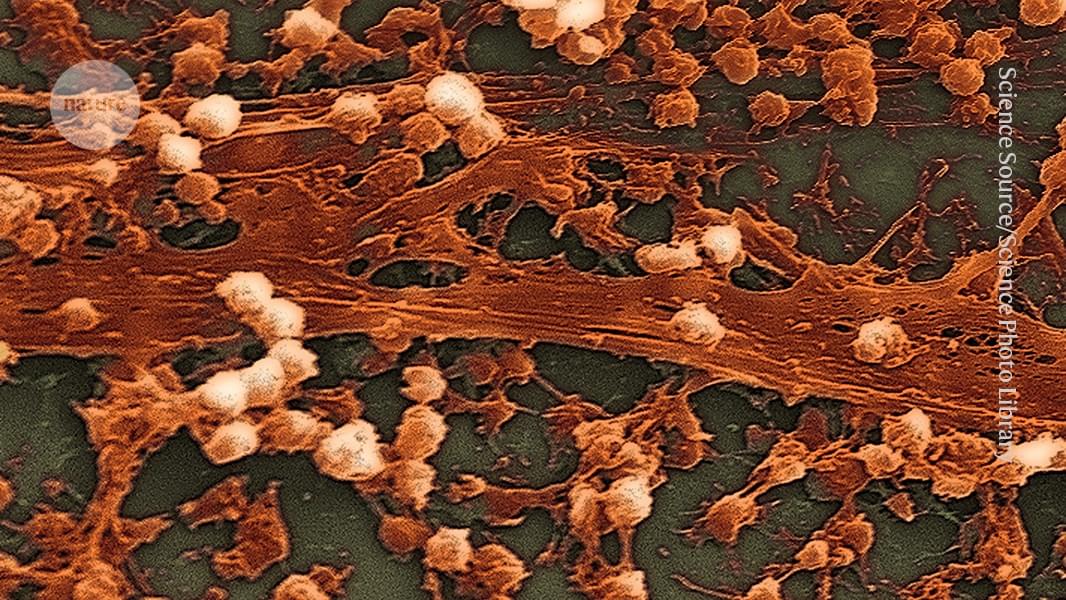Cancer and Alzheimer’s are two of the most common chronic diseases associated with aging. For years, doctors have known about a curious aspect of these two conditions: people who survive cancers are significantly less likely to develop Alzheimer’s. While this link has been observed in the data for some time, the biological reasons for it have remained a mystery. Now, a new study published in the journal Cell has discovered a possible explanation.
In the Alzheimer’s brain, abnormal levels of a naturally occurring protein called amyloid-beta clump together to form plaques. The plaques disrupt communication between brain cells, eventually leading to cognitive decline and memory loss. Current medicines struggle to remove these clumps, but this new research suggests that cancer might be sending in a biological cleanup crew.
To see whether and how cancer provides this protection, researchers at the Huazhong University of Science and Technology in China used advanced mouse models of Alzheimer’s disease. They transplanted three types of tumors (lung, colon and prostate cancer) into the mice and found that the amyloid plaques in their brains shrank significantly.
